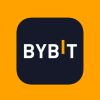Token Scanner is an essential tool for protecting crypto investors from scams hidden in smart contracts. It helps detect honeypots, rug pulls, and malicious functions before you make a risky investment.
This article of TopCoin9 will help you explore including what it is, how it works, the best free tools in 2025, step-by-step usage, scam warning signs and pro tips to stay safe in DeFi.
What Is a Token Scanner?
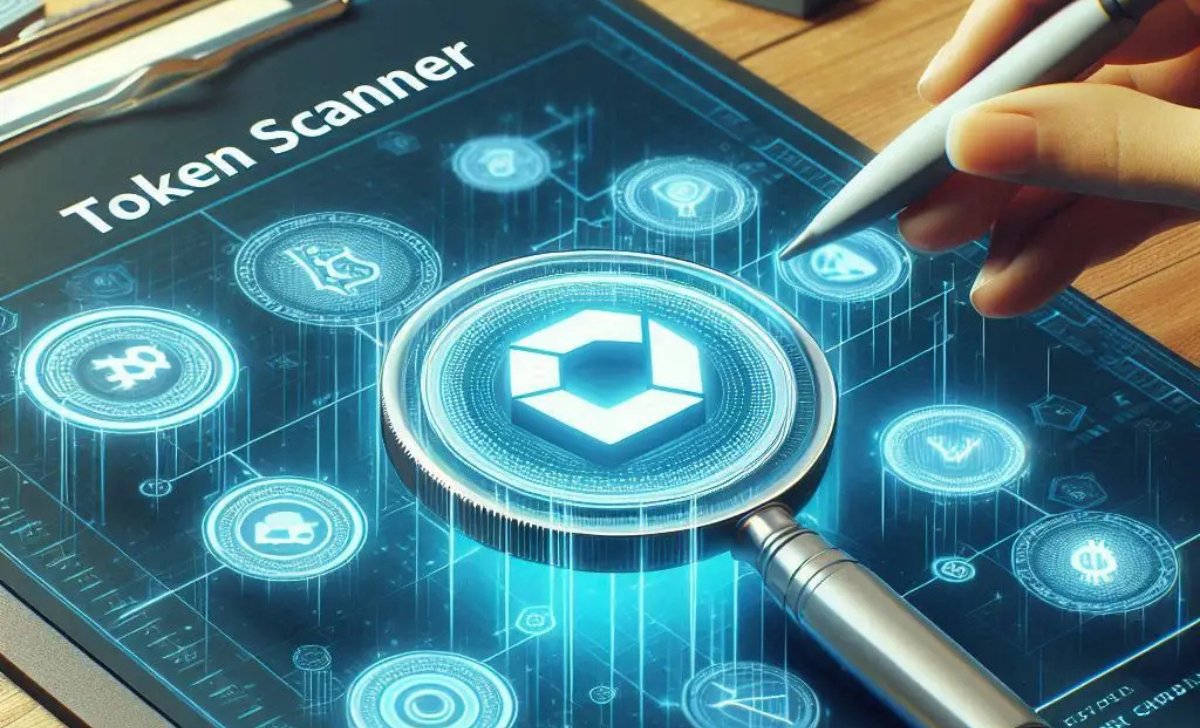
A Token Scanner is a digital tool that analyzes smart contracts on the blockchain to identify potential risks, scams, and vulnerabilities in a token’s code. These scanners are essential for traders and investors who interact with decentralized exchanges (DEXs) and lesser-known tokens.
They typically evaluate various aspects of a smart contract, such as:
- Whether the contract is renounced or still controlled by a developer
- Liquidity lock status
- The presence of blacklist or anti-sell functions
- Minting capabilities and backdoors
According to a 2023 report from Chainalysis, over $3.8 billion was lost to crypto-related scams, many of which originated from unaudited tokens with malicious smart contracts. Token scanners aim to reduce that risk.
By using them, you gain real-time insights into how a token might behave once you invest — before it’s too late.
Now that you know what a token scanner is, let’s explore how it works under the hood through the content below!
How Token Scanners Work
Token scanners operate by reading and analyzing the source code of smart contracts deployed on blockchains such as Ethereum, BNB Chain, and Solana. They parse contract functions and metadata, flagging risky elements using automated logic models.
For example:
- If a contract contains a blacklist () function, it may restrict you from selling.
- A mint () function with unrestricted access could allow infinite token creation.
- If contract ownership is not renounced, the developer may still change critical parameters at any time.
Some advanced scanners also factor in transaction history, liquidity depth, tax settings, and even wallet behavior connected to the token.
According to Ethereum.org (2024), smart contracts are immutable once deployed, making any hidden flaw irreversible. That’s why pre-deployment and pre-purchase analysis using a token scanner is crucial.
With this technical foundation, let’s dive into why every DeFi user should consider using one in the next part!
Why You Need a Token Scanner in DeFi
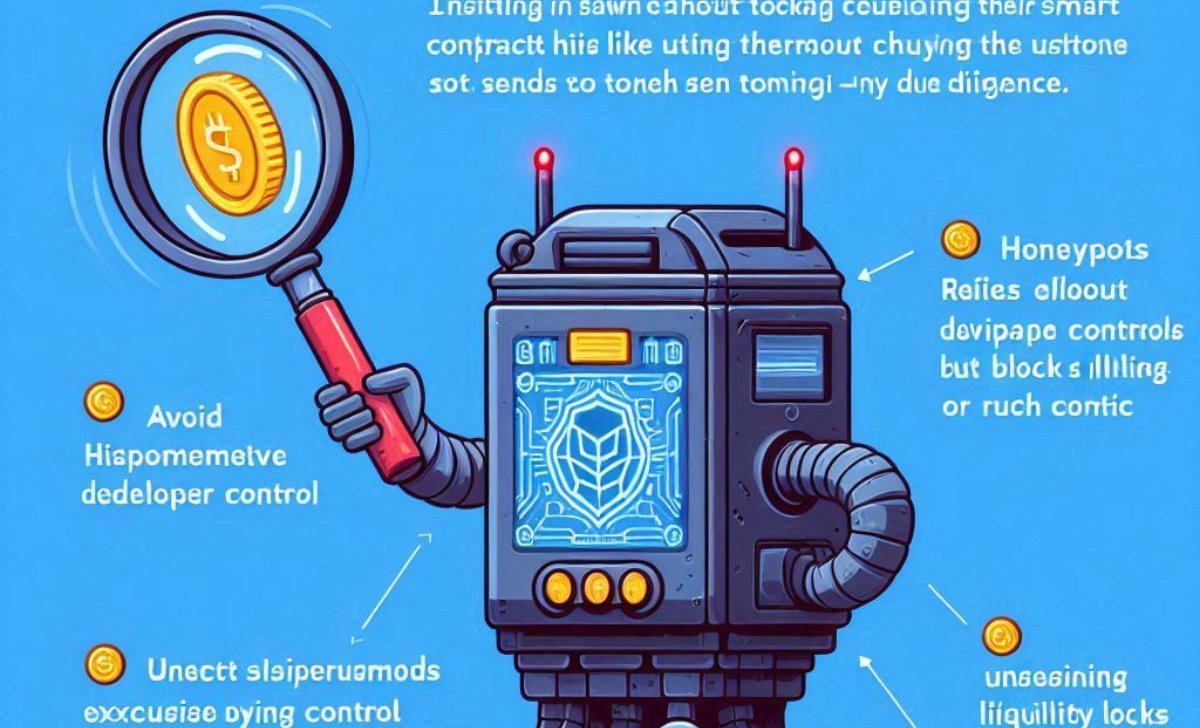
Investing in tokens without checking their smart contract is like buying a used car without looking under the hood. In DeFi, there are no refunds — only due diligence.
Using a Token Scanner helps you:
- Avoid honeypots that allow buying but block selling
- Detect excessive developer control or suspicious contract logic
- Uncover missing liquidity locks or rug-pull flags
In 2022, the U.S. Federal Trade Commission (FTC) reported that over 46,000 people lost more than $1 billion in crypto scams, most involving deceptive tokens or platforms.
Relying solely on social media hype, influencer marketing, or token logos can be dangerous. Token scanners offer objective, data-driven insights that support smarter investment decisions.
Still, not all token scanners are created equal. Let’s look at the most trusted tools available for free in the next content!
Top Free Token Scanner Tools (2025 Update)
Several platforms offer free, reliable token scanner services that help you vet tokens before buying. Here are the top picks in 2025:
- Token Sniffer: Token Sniffer analyzes token smart contracts for honeypot traps, high tax rates, and suspicious ownership patterns. It assigns a safety score using a checklist system and supports major chains like Ethereum and BNB Chain (TokenSniffer, 2024).
- Honeypot.is: Honeypot.is specializes in detecting honeypot scams by simulating buy and sell interactions with a token’s smart contract. Its simple UI and quick results make it ideal for beginners and are often cited in Reddit security forums (RedditCryptoSec, 2024).
- DEXTools Token Analyzer: DEXTools offers real-time token trust scores, price analytics, and liquidity pool monitoring across multiple chains. It’s widely used by pro traders and was featured in a Cointelegraph tutorial on avoiding rug pulls (Cointelegraph, 2023).
- GoPlus Security API: GoPlus provides an API that scans smart contracts for blacklist functions, backdoors, and suspicious ownership control. The project is open-source, community-vetted, and recommended by developers on GitHub as of 2023.
Each scanner has its strengths, so using a combination gives you the most comprehensive protection. Up next, let’s explore how to use these tools effectively in the content below!
How to Use a Token Scanner (Step-by-Step)
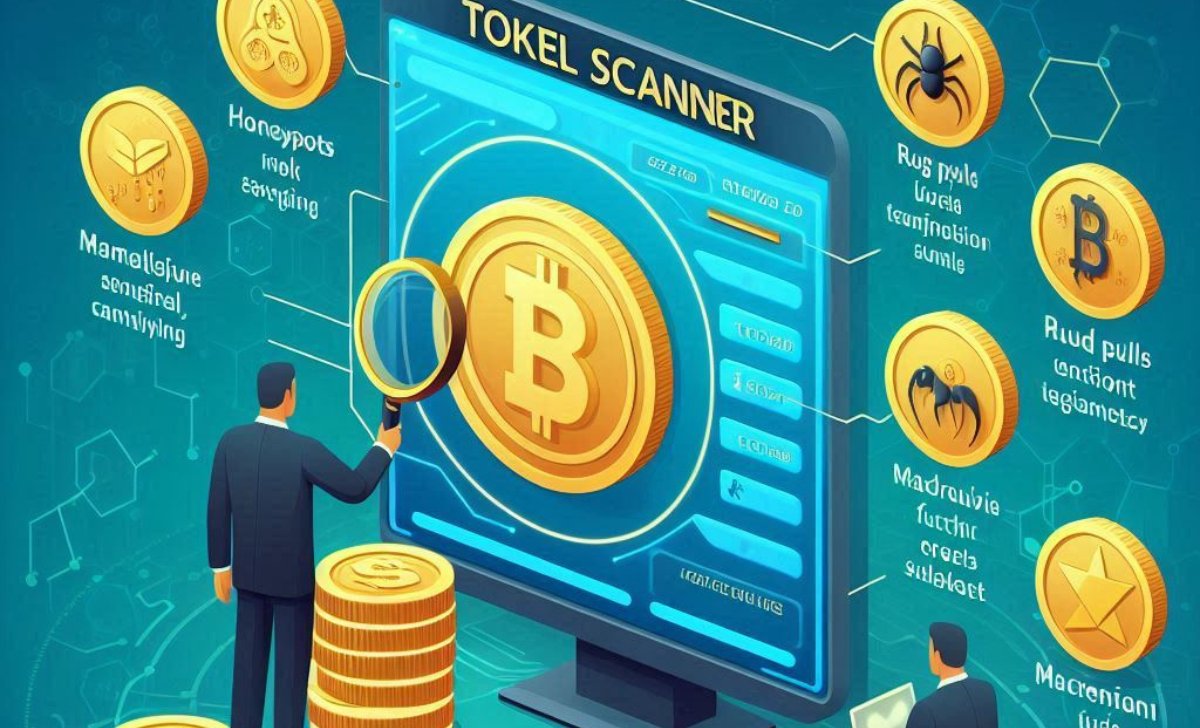
Here’s how you can use a token scanner to analyze a smart contract in just a few minutes:
- Copy the Token Contract Address: Find the contract address from official sources or trusted blockchain explorers like Etherscan or BscScan. Always verify the source to avoid fake or cloned tokens (Etherscan, 2024).
- Paste into the Token Scanner: Go to a trusted token scanner tool and paste the contract address into the search field. Tools like TokenSniffer or GoPlus provide instant results (TokenSniffer, 2024).
- Review the Results: Check for red flags such as high transaction tax, unrestricted minting, or lack of ownership renouncement. According to CoinGecko Learn (2023), these are common scam indicators found in rug pulls and honeypots.
- Cross-Verify with Multiple Tools: Always scan the token with at least two different scanners to improve reliability. Security experts from CertiK (2024) emphasize using multi-layered checks for better risk assessment.
- Evaluate Community Feedback: Check discussions on platforms like Reddit, X (Twitter), or GitHub for user reviews and dev transparency. A 2023 analysis by Cointelegraph shows many scam tokens were exposed through social community investigations.
Even with a clean scan, continue to verify other signs of legitimacy before investing. Speaking of which, here are other red flags to be aware of in the next part!
Other Signs of Scam Tokens to Watch For
While a Token Scanner is powerful, it shouldn’t be your only line of defense. Many scams involve social engineering, not just smart contract tricks.
Here are common red flags:
- Anonymous Team: No LinkedIn, no GitHub, no background checks
- No Whitepaper or Roadmap: Projects with vague promises and zero documentation
- Unrealistic Returns: APYs above 10,000% or “guaranteed profits” should raise alarms
- Aggressive Shilling: Paid influencers spamming Twitter, Telegram, or YouTube
According to Investopedia (2023), one of the easiest ways to spot a scam is to check for transparency and audit reports. Legitimate projects often undergo third-party audits and list those results publicly.
Understanding scam behavior is key, but let’s also cover how to stay safe long-term while using these tools in the next section!
Pro Tips to Stay Safe in DeFi
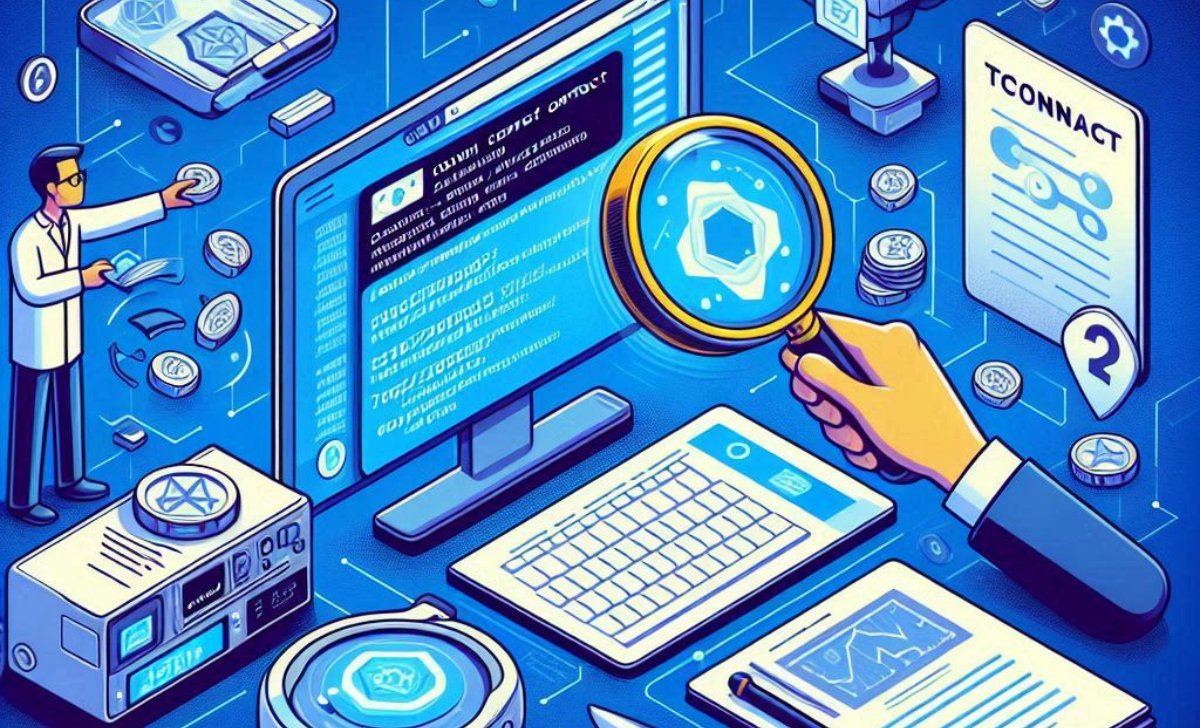
Here are additional ways to secure your assets beyond using a token scanner:
- Always DYOR (Do Your Own Research): Visit the project’s official website, verify the team, and read the whitepaper thoroughly.
- Use a Hardware Wallet: Cold storage solutions like Ledger or Trezor offer a level of protection that even the best crypto wallet apps can’t match when it comes to offline safety.
- Join Reputable Communities: Reddit, Discord, and GitHub can provide community-driven insights and real-time scam alerts.
- Monitor Updates: As scammers evolve, token scanners and other tools must also stay up to date — always use the latest versions.
According to Coindesk (2024), new scam methods emerge every month, especially in trending narratives like AI, gaming, or meme coins. Vigilance is your best investment strategy.
Conclusion
Token Scanner is a vital tool for identifying smart contract risks and protecting your crypto investments from scams. We hope this guide has helped you understand how to use it effectively. Don’t forget to follow our blog for more up-to-date insights and security tips in the world of DeFi!

Ethan Carter, a seasoned crypto analyst with 7+ years of experience, has a deep understanding of market trends, DeFi, and blockchain technologies. His expert insights and market forecasts have helped thousands of traders and investors make informed decisions.
Email: [email protected]



